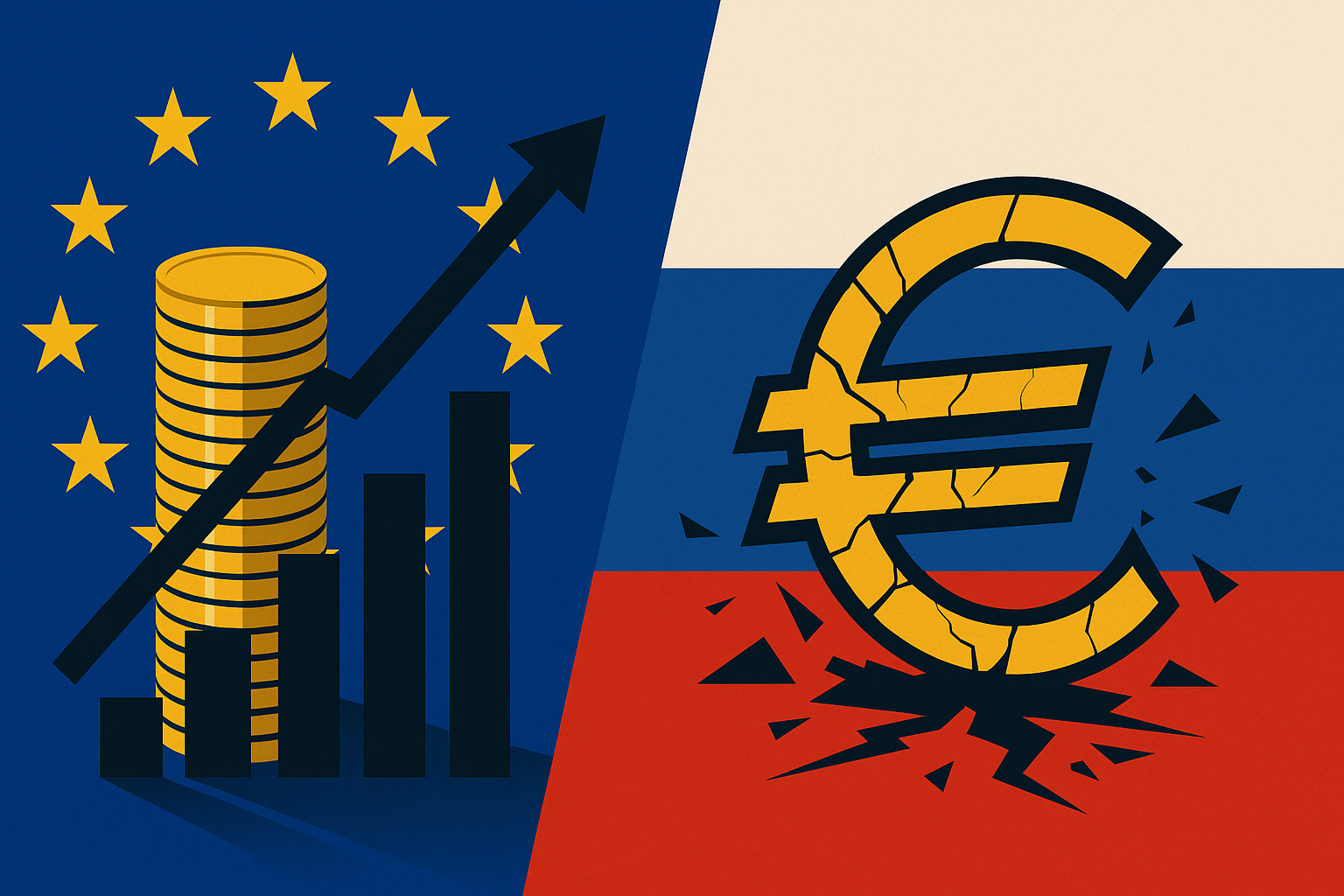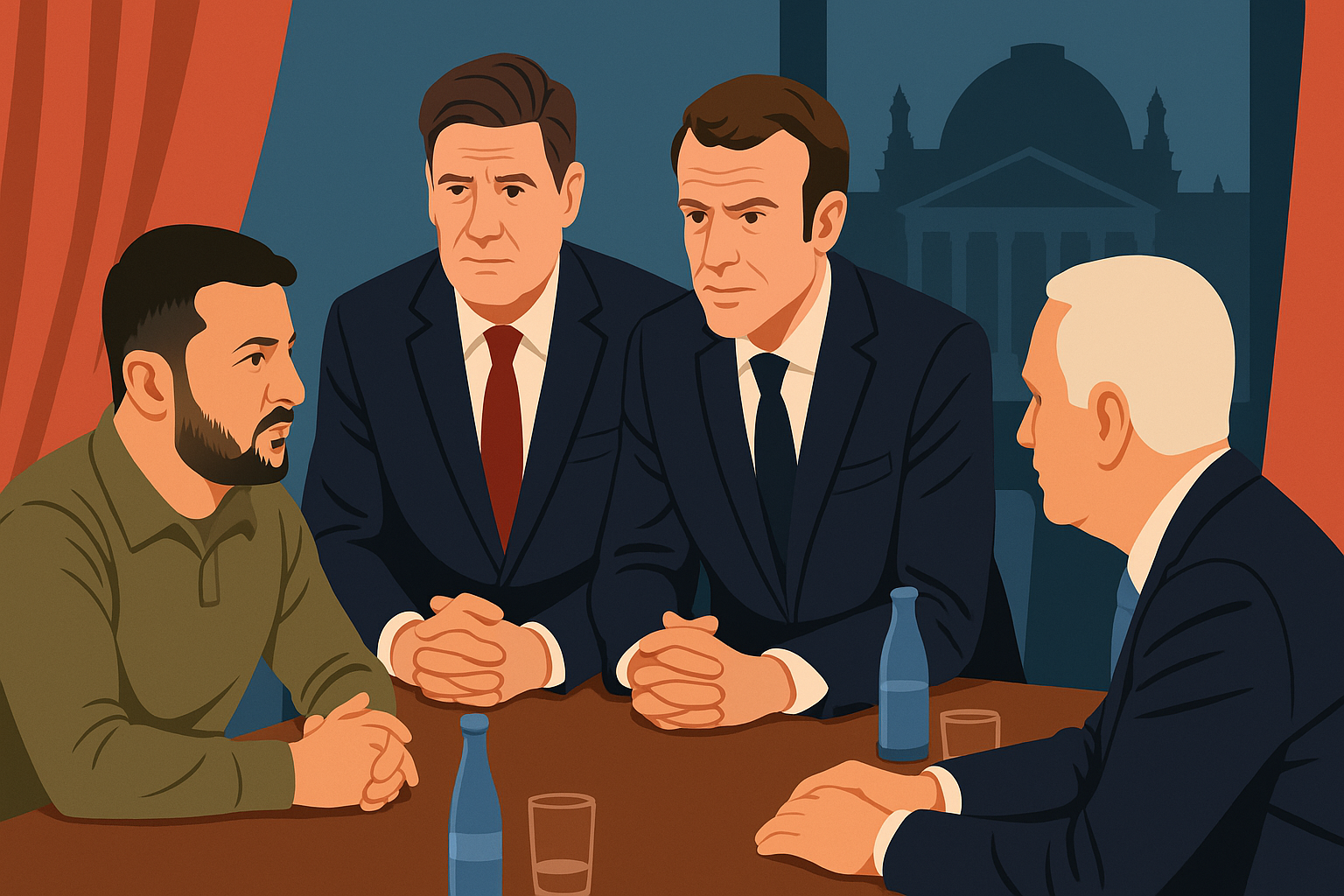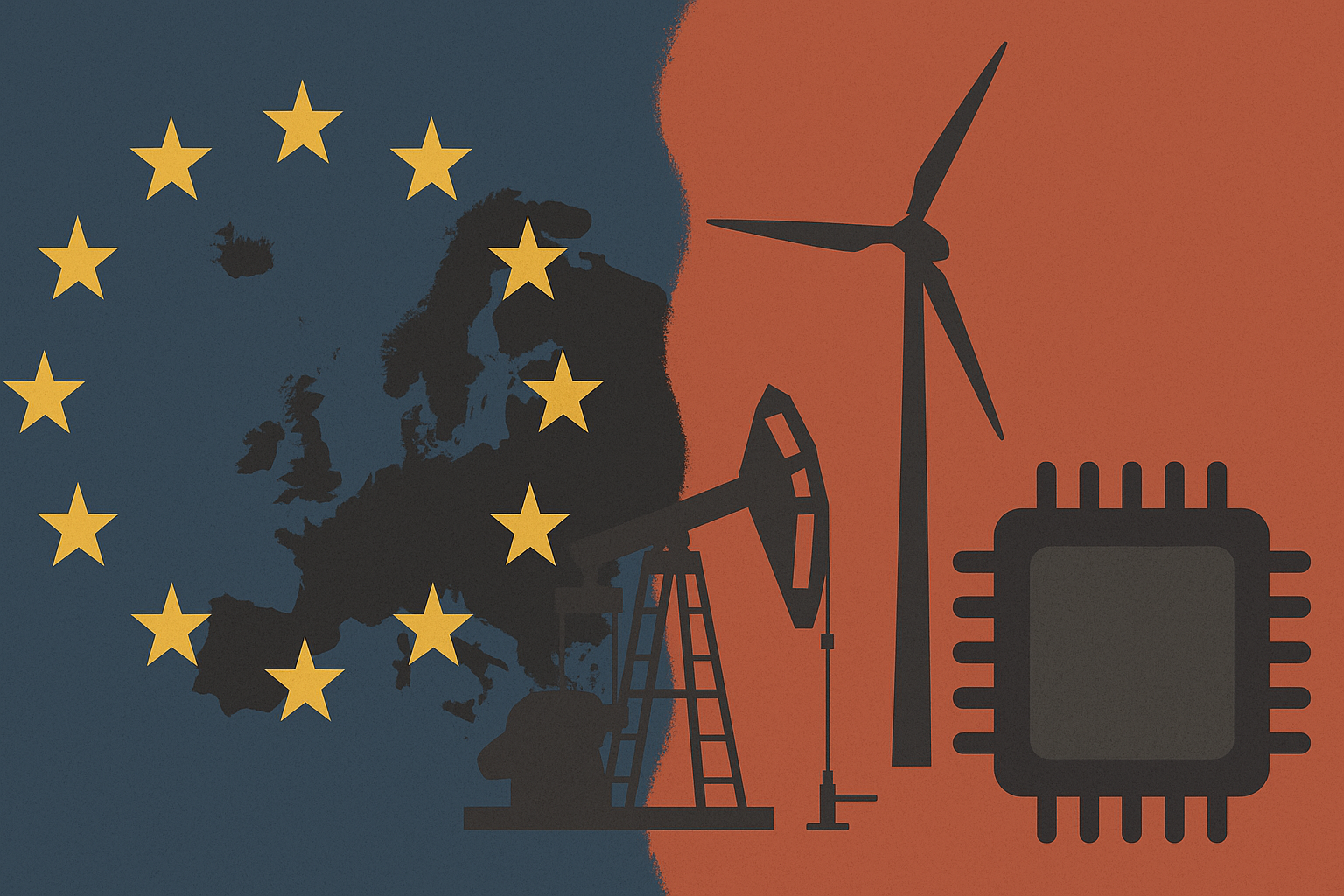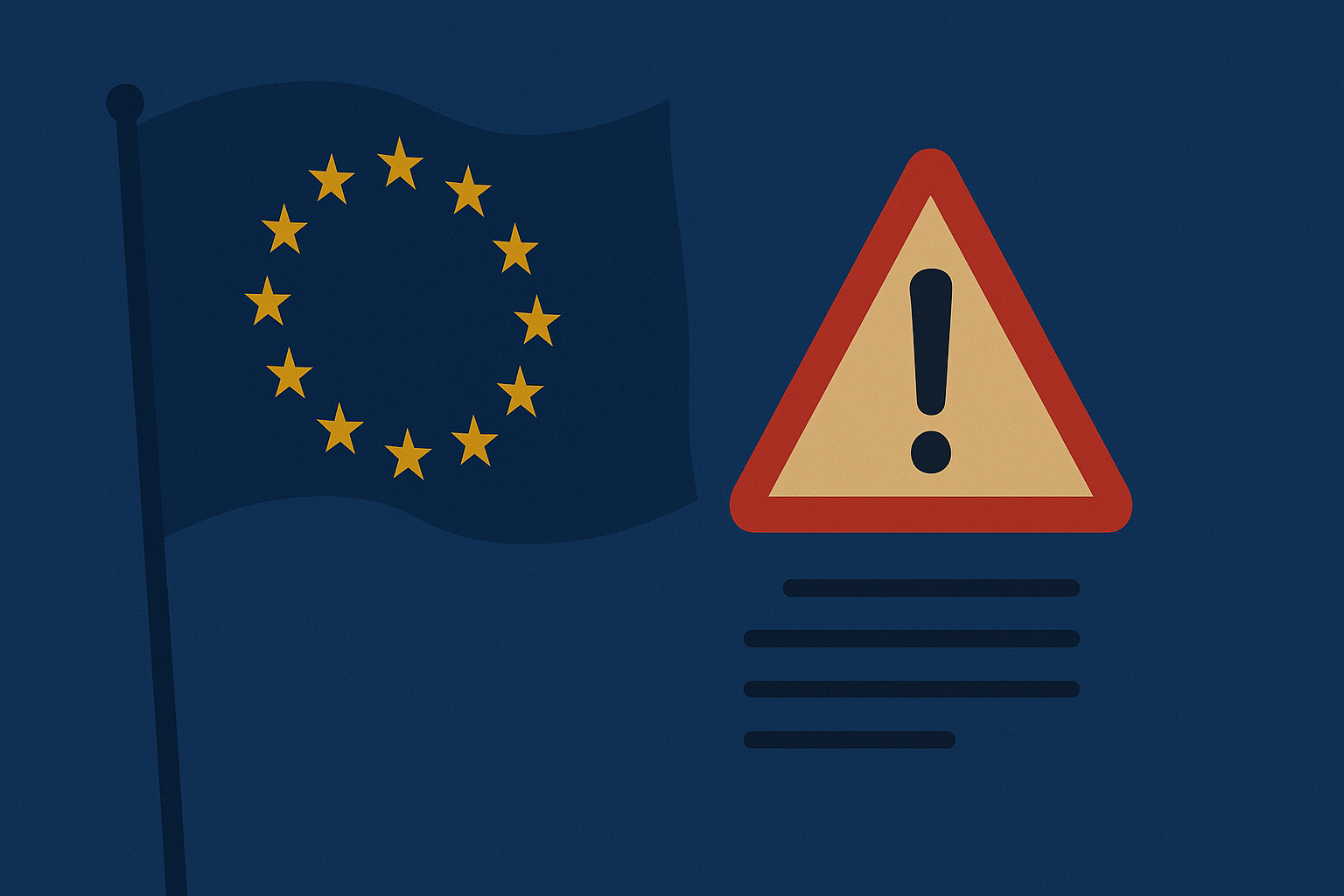Denmark is preparing to introduce a landmark law that would grant every individual automatic copyright protection over their own face, voice, and physical likeness. This legislative move is designed to combat the rising misuse of artificial intelligence — particularly deepfakes, which replicate a person’s appearance or voice without consent.
The law would give people full legal ownership of how their identity is used in digital spaces, closing a dangerous gap as AI-generated media becomes more realistic and widespread.
Deepfakes: A Real and Growing Threat
Deepfake technology allows AI to create convincing but fake videos and audio recordings using someone’s image or voice. Once limited to research labs, this technology is now widespread and increasingly used for harmful purposes:
– Creating non-consensual sexual content
– Spreading political disinformation
– Committing financial fraud and impersonation
– Damaging reputation and trust in public figures
The core problem: anyone’s face, voice, or body can be copied, manipulated, and distributed — often without them knowing.
What Denmark’s Law Will Do
The proposed law would make it illegal to use or reproduce a person’s likeness, voice, or physical representation without their explicit permission. This includes:
– Facial features
– Body structure
– Voice and speech patterns
– Gestures or expressions used to recreate a person’s image via AI
And it goes further: copyright will be automatic. Individuals won’t need to register or file paperwork — the protection will apply by default.
As one Danish official stated:
“Human beings can be run through the digital copy machine and be misused for all sorts of purposes — and I’m not willing to accept that.”
A Step Ahead of Global Regulation
Denmark is among the first countries to propose this kind of law. While the EU AI Act aims to regulate transparency in synthetic content, Denmark is focusing on personal rights — the right to own your own identity.
Most countries lack any law that protects individuals from deepfake abuse. Even in the U.S., there’s no nationwide legislation preventing unauthorized AI impersonation.
Denmark’s proposal may set a new standard — one that balances AI development with human dignity and consent.
Why This Matters
In a digital world, your face, body, and voice are no longer private by default. They can be captured, cloned, and exploited.
This law would send a clear message:
Every person owns their identity — in the real world and in the digital one.
And with deepfake abuse already affecting celebrities, politicians, and ordinary citizens alike, legal safeguards are long overdue.
Denmark’s push to grant automatic copyright over one’s physical likeness is a bold, necessary step. It reflects a larger truth: in the age of AI, protecting human identity must be a priority, not an afterthought.
By recognizing the body, face, and voice as protected digital assets, Denmark is challenging the idea that anyone’s identity can be used without consequence — and offering a legal blueprint for the rest of the world to follow.








